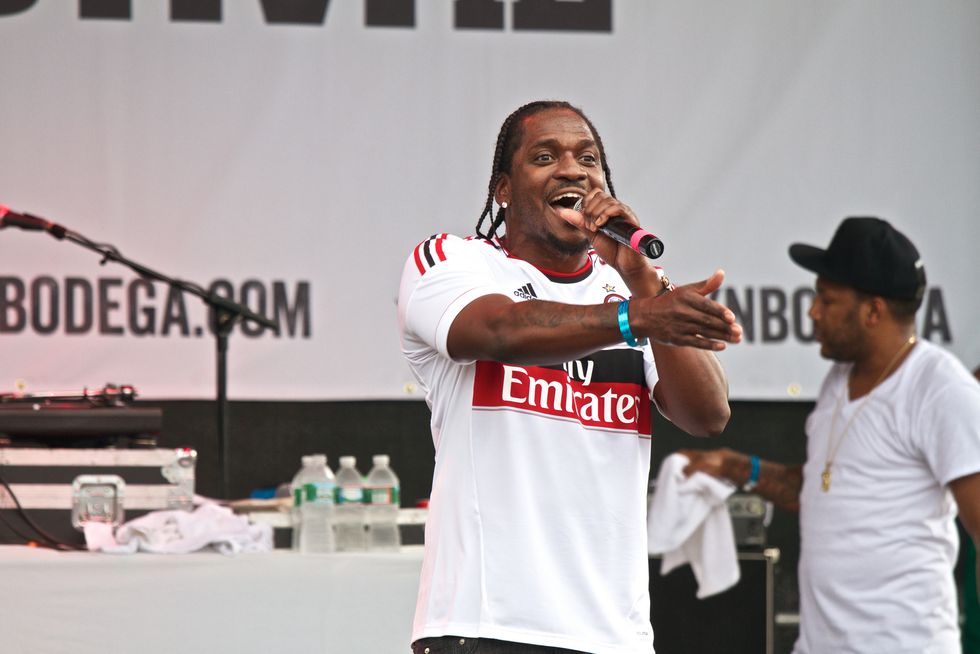Chances are you’ve seen (or rather, heard) the drama between rappers Pusha-T and Drake in the past week. Started by a few lines on the closing track on Pusha’s new Kanye West produced album, “DAYTONA,” it’s been prolonged by diss tracks from both artists.
But who is Pusha-T? Drake is a household name these days, but I wouldn’t blame you for never having heard of Pusha. Prior to the great “DAYTONA,” his recent output consisted primarily of a few middling solo records. In fact, he’s more notable for his important features on Kanye and Gorillaz albums this past decade.
Real name Terrence LeVarr Thornton, he initially rose to prominence with his brother Gene “No Malice” Thornton through their rap duo Clipse. Standing out in the 2000s for their eclectic and very hook driven take on southern hip-hop and gangsta rap, Clipse’s members gained a lot of respect in the scene.
Clipse were most active from 1997 to 2009, when they went on hiatus and then eventually disbanded in 2014. They’re best known for their excellent 2002 album “Lord Willin’” and their 2006 album “Hell Hath No Fury,” which in particular is considered to be a classic by many. Both records were produced by production duo The Neptunes, who consist of Pharrell Williams and Chad Hugo. Both albums feature some of The Neptunes’ most creative production to date, and the Thornton brothers had fantastic chemistry.
By comparison, “Lord Willin’” stands as a much more fun record, with Pharrell never shying away from a hook. “Hell Hath No Fury” is the darker, more serious sequel by comparison, but both are bustling with great soul samples and interesting synth work that they feel very much cut from the same cloth, and stand as true highlights in their genre.
I think this is why “DAYTONA” has turned out so successful, because Kanye West also relies on a production style with a big emphasis on chopping and screwing old soul music, so Pusha-T is finally stepping back into his own and giving him the opportunity to reclaim his title as one of the greatest. Not even an army of ghostwritten pop-rap songs could help Drake change that.














